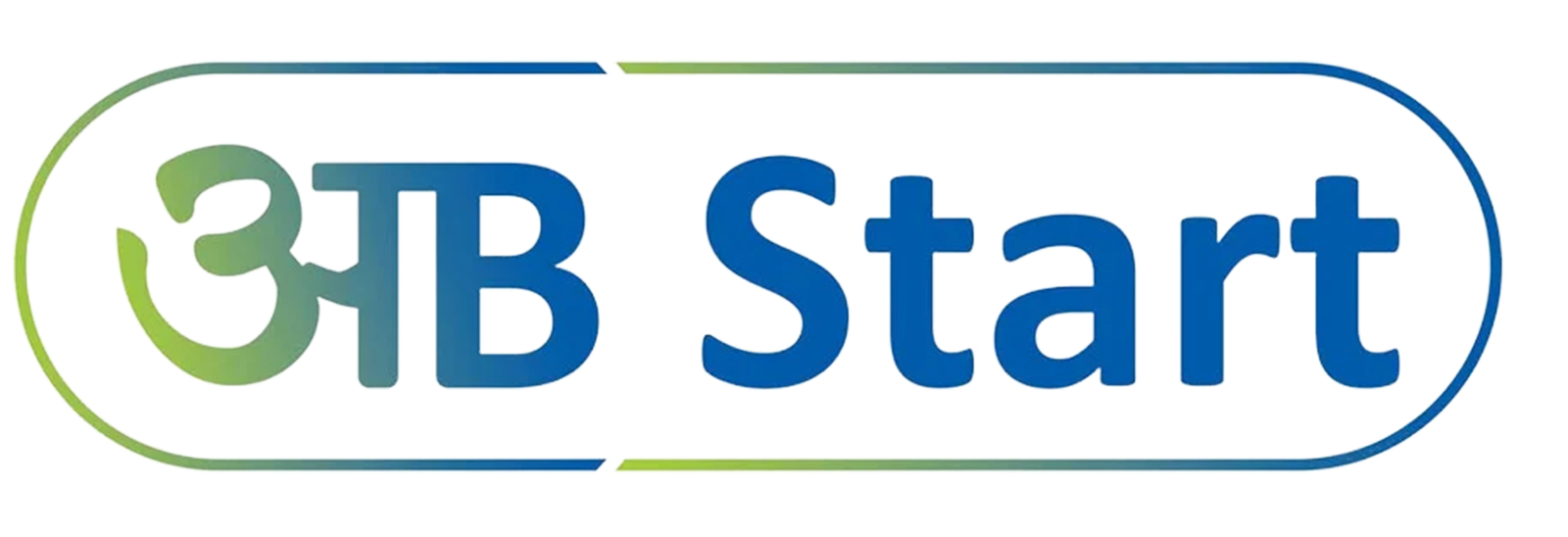Compliance & Liaison

Compliance and liaisoning are integral aspects of organizational management, particularly in navigating legal and regulatory frameworks. Compliance refers to the adherence to laws, regulations, and industry standards relevant to a specific business or sector. This includes areas such as labor laws, environmental regulations, data protection, and industry-specific guidelines.
Liaisoning, on the other hand, involves establishing and maintaining effective communication and relationships with various external stakeholders, including government bodies, regulatory agencies, and industry associations. Together, compliance and liaisoning ensure that organizations operate within legal boundaries, maintain ethical practices, and foster positive relationships with external entities.
Download Our Brochure
Regulatory Integrity Engagement
The importance and benefits of robust compliance and liaisoning practices for organizations are multifold. Firstly, compliance mitigates legal risks, protecting organizations from potential penalties, lawsuits, and reputational damage. It fosters a culture of ethical conduct and responsible business practices. Secondly, effective liaisoning facilitates smooth interactions with regulatory bodies, governmental agencies, and other stakeholders. This proactive engagement can lead to a better understanding of regulatory changes, potential opportunities, and challenges, allowing organizations to adapt and strategize accordingly.
Thirdly, compliance and liaisoning are crucial in building and sustaining trust with customers, investors, and the broader community, contributing to the overall credibility and success of the organization. In summary, these practices are fundamental to the long-term sustainability and resilience of organizations in a complex and dynamic business environment.



